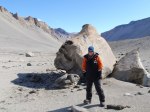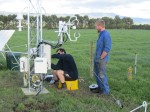Louis Schipper is an environmental biogeochemist with research interests in long-term changes in soil organic matter, nitrogen cycling with a focus on denitrification and nitrogen immobilisation, impacts of land use change, carbon fluxes and nutrient cycling in agricultural and indigenous ecosystems, including wetlands and soil microbial ecology. He has a strong focus on the temperature dependence of the biosphere and particularly on soil biology. He teaches soil science at undergraduate and graduate levels. Louis has frequently given interviews on national radio about soil science and biogeochemistry and been involved with a number of videos or TV appearance on soil health and greenhouse gases. Google scholar papers
Dave Campbell’s research interests span across the zone of soil, vegetation and atmosphere and concern interactions involving exchanges of energy, water, CO2 and other greenhouse gases. Dave was one of the early adopters of the eddy covariance technique in NZ and gets some weird pleasure out of making complex instrument systems work. His research spans from NZ indigenous wetlands where he and his students work on ecosystem functioning (water and carbon) and restoration; to agricultural greenhouse research in intensively managed dairy farm systems. Peat has been a bit of a theme – from the vast intact Kopuatai bog to drained and intensively farmed peat soils. Currently Dave has research contracts with Landcare Research (peatland functioning and restoration); NZ Agricultural Greenhouse Gas Research Centre (contributes to research with Louis and the wider WaiBER team); and has recently gained ERA-GAS funding as a member of the PEATWISE Nordic/NZ consortium (sustainable peat agriculture and GHG’s). Hear Dave talk about why he enjoys his job here. Google scholar papers
Tanya O’Neill is a senior lecturer at Waikato University contributing to soil and environmental science courses in the 100, 200, and 300 level undergraduate space, an MSc soil course ‘Land and soil: resources and risks’, and supervises undergraduate and postgraduate students. Tanya completed her PhD on the human impacts on Antarctic soils with Megan Balks and is highly active in research in these fascinating environments. Tanya is also investigating changes in soil carbon stocks of NZ soils. Tanya has had nine trips to Antarctica: including two for my PhD on human impacts on the soil environment, one to the Antarctic Peninsula as a field assistant with the Spanish Antarctic Programme, three downloading a network of soil climate stations, and her first trip, to run a marathon on the continent.
She currently involved in a multidisciplinary project characterising the environment around Scott Base, Antarctica, as a baseline against which any environmental effects of base redevelopment can be measured. She has been awarded a Marsden fast start to investigate whether penguin mounds serve as natural archives of anthropogenic contamination in remote Antarctic environments, and is interested in doing complementary work in NZ bird colonies. When not working, Tanya like to travel, and spend a lot of time outside, cycling, hiking, scuba-diving, and fishing. Website: https://tanyaoneill.org/ Google scholar papers.
Aaron Wall is the research associate for the carbon sequestration project and is pictured with Ben Troughton whose farm we are currently working on. We have established four 6 ha blocks where we are will determining full carbon budgets. Currently two are planted in ryegrass/clover mix and one with a mix of other pasture species planted (with greater root biomass) in an attempt to increase soil carbon. Aaron speaks about some of our work on diverse pastures swards here. Aaron is concurrently undertaking a PhD examining the carbon balance of production (maize) and its subsequent consumption within dairy farms. Google scholar papers

Seager Ray recently completed his MSc (Research) thesis with Louis Schipper where he investigated the differential temperature sensitivity of fungal and bacterial respiration and the thermal adaptation of fungi and bacteria from soil collected along a naturally occurring geothermal temperature gradient. This research involved using macromolecular rate theory to model the temperature response of fungal and bacterial respiration, as distinguished using the selective inhibition method. After he completed his thesis, Seager joined the WaiBER group as a technician. He is supporting Aaron Wall with soil carbon and eddy covariance work and Charlotte Alster with her research on the temperature response of soil microbial respiration.
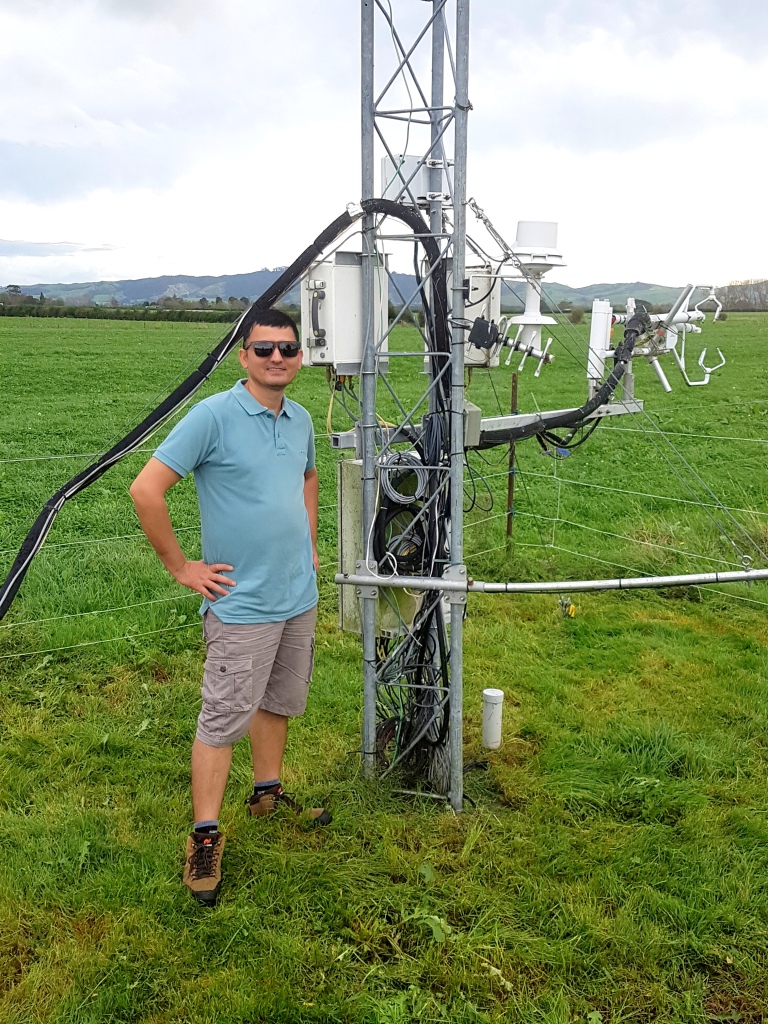
Mohan K C: I am a PhD student working under the supervision of Louis Schipper, and my research aims to understand the factors that control carbon uptake after grazing events and pasture recovery. Initially, I will analyse eddy covariance CO2 flux datasets from different locations across the Waikato region of New Zealand, encompassing a range of farm management practices and climatic conditions. I also plan to conduct field experiments to investigate the long-term impact of grazing events on pasture recovery rates, considering both management practices and environmental conditions. Ultimately, my research aims to contribute to the development of effective and sustainable grazing management practices that reduce greenhouse gas emissions and promote carbon sequestration in temperate grazing pastures.
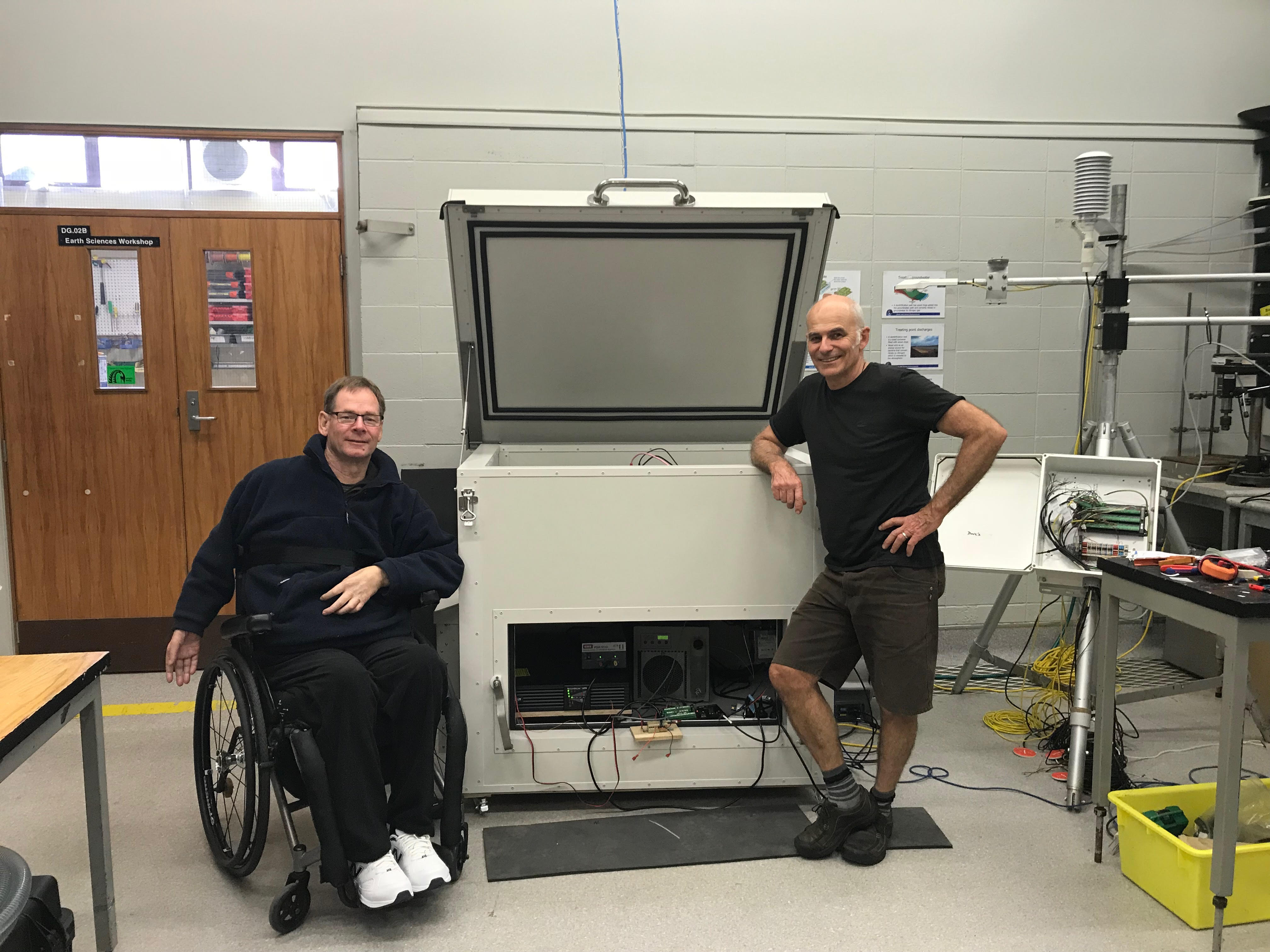
Richard Bindon has a talent for mechanical and electronic design and has contributed to recent builds of our Aerodyne quantum cascade laser eddy covariance systems (for measuring fluxes of N2O and CH4), enabling these delicate instruments to run smoothly in challenging field environments. He and Dave worked together on designing and building the all-important weatherproof and temperature-controlled enclosures with their unique subsoil air cooling systems. Rich’s careful approach to design of mechanical and electronic systems always results in professional, functional and beautiful gear.
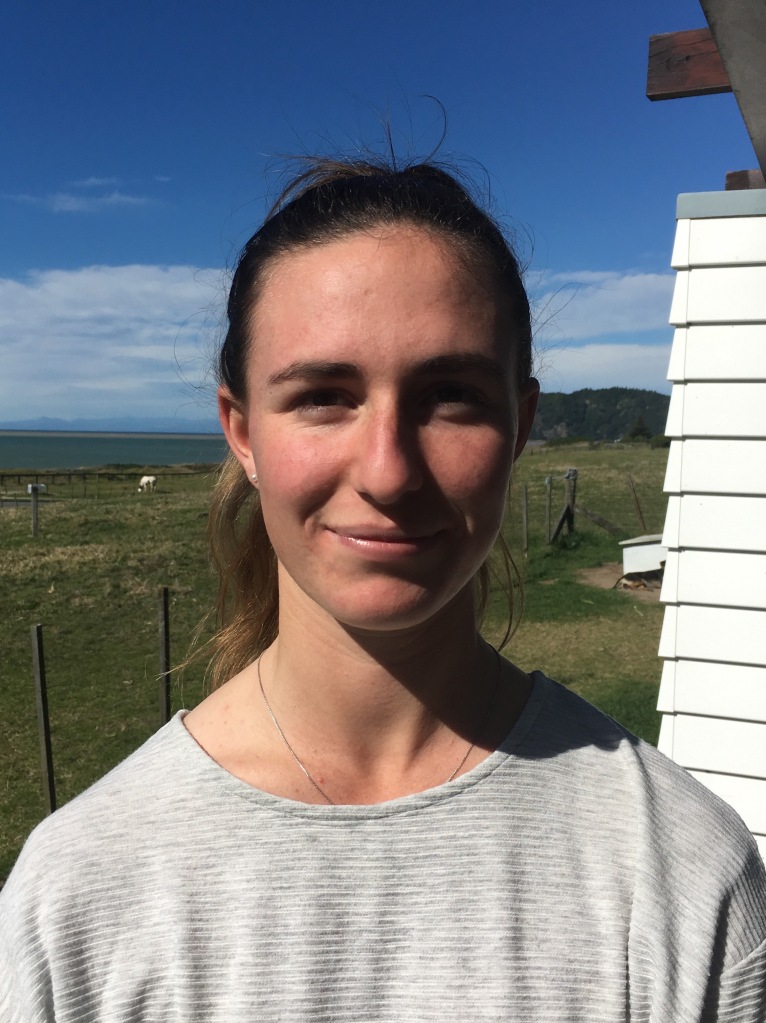
Holly Hay is a MSc (Research) student working under the supervision of Louis Schipper and Aaron Wall. Her research aims to quantify the effect of dung returns on soil carbon stocks under grazed pastures. This research will contribute to the understanding of farming practices that maintain or increase soil carbon. The present hypothesis for this research is that carbon stocks will be higher where dung is deposited due to greater organic matter inputs. She will test this hypothesis by comparing sample cores taken under fence lines to cores taken within paddocks.
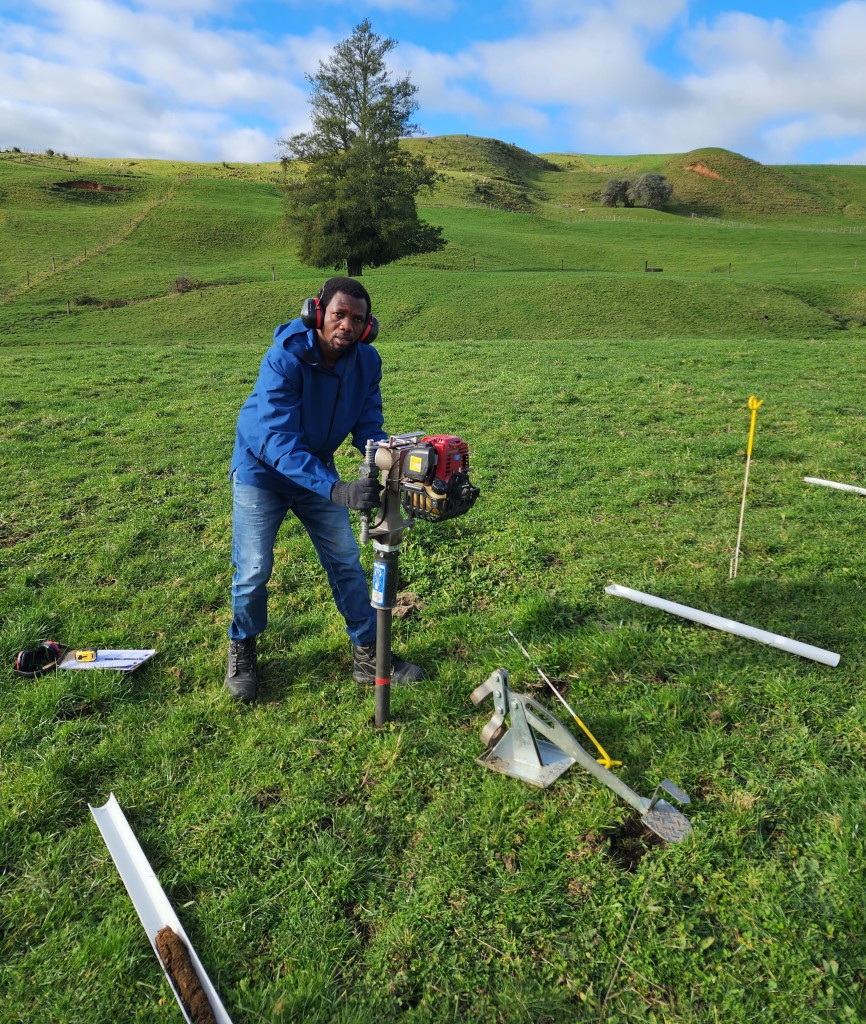
Henry Ota is undertaking a PhD under the supervision of Louis Schipper and Aaron Wall. His research will compare soil carbon stocks of cut-and-carry (CC) pastures to adjacent grazed pastures (GZ), with a focus on how carbon stocks might be increased and losses minimised. The rational and key interest in the study is that manure returns are critical for increasing/sustaining soil carbon stocks. Henry will seek to determine this relationship quantitatively. The current hypothesis is that soil carbon will be higher in GZ pasture compared to CC pasture production. Henry’s research interests span across biogeochemical processes and operation in soils, land management and land use practice changes, soil carbon stocks, and greenhouse gas emission monitoring in agricultural components. Google Scholar Papers
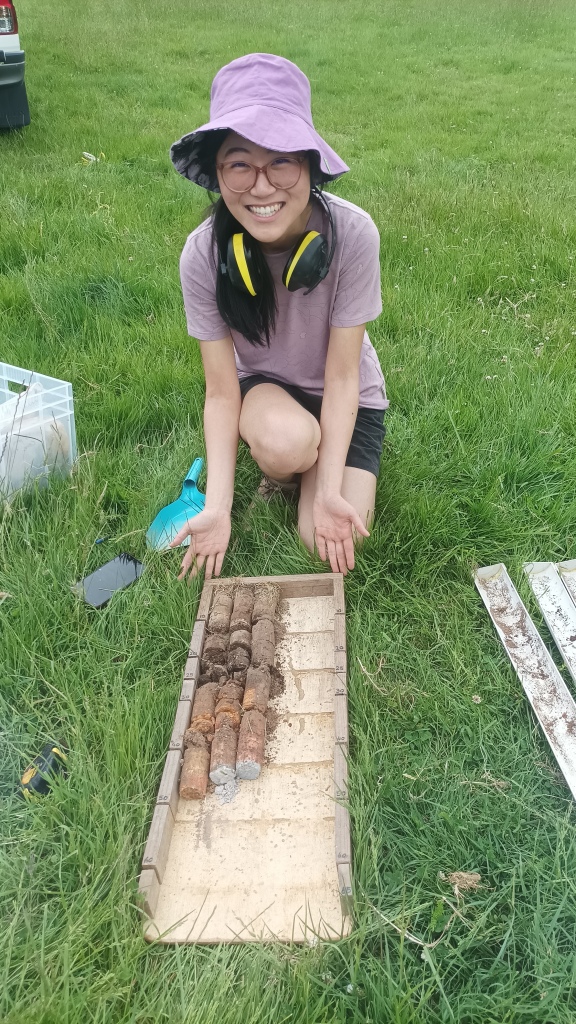
Kelly Chow: I am an undergraduate student about to begin my final year of studying the Bachelor of Climate Change (Environmental Science). Over this summer (2023/24), I have been doing a 10-week summer research project under the supervision of Louis Schipper, researching the changes in soil carbon cycling along two geothermal gradients. These geothermal sites exhibit temperature gradients over a short distance, making them potential proxies for global warming’s impact on soil carbon stocks.



